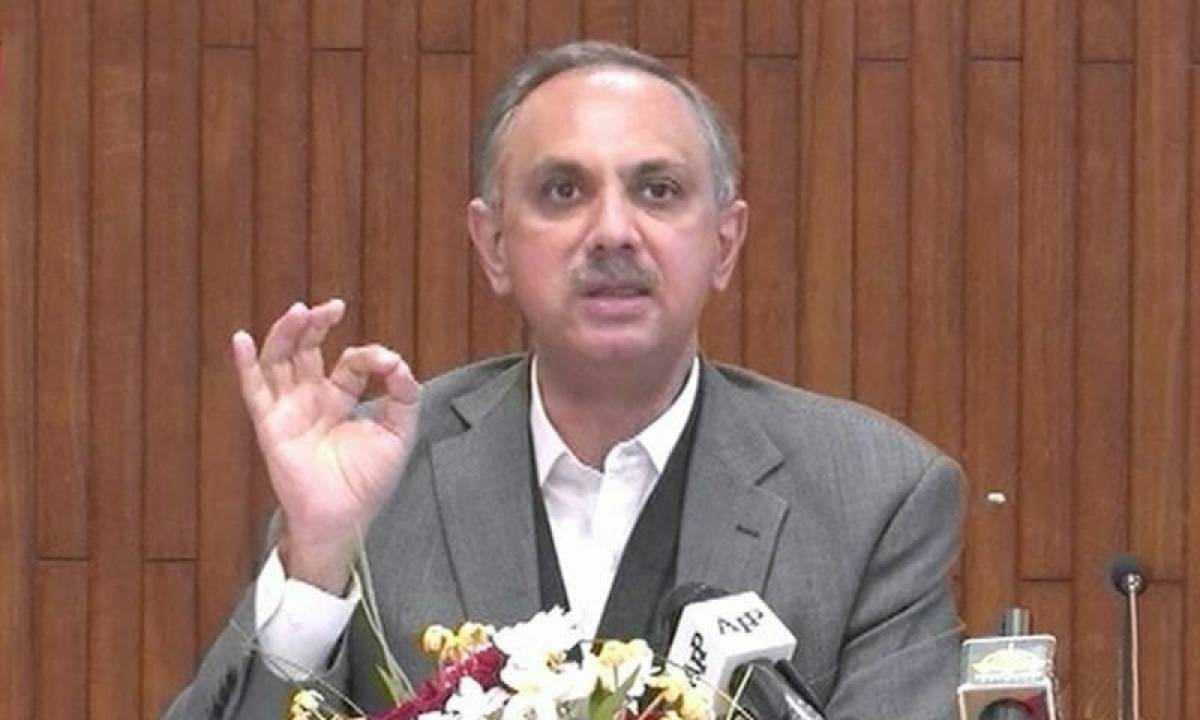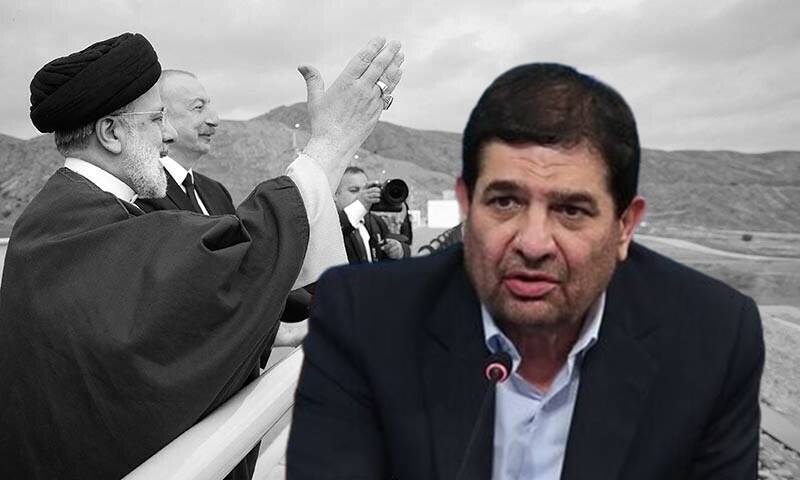PTBP Web Desk
The Leader of the Opposition in Pakistan’s National Assembly, has announced plans to brief the visiting International Monetary Fund (IMF) delegation on serious allegations of election rigging, mandate theft, and other governance issues plaguing the country. This announcement comes at a time when political tensions are high, and the legitimacy of the current government is under scrutiny.
Omar Ayub, representing the Pakistan Tehreek-e-Insaf (PTI), accused the incumbent government of being “fake” and claimed that the Chief Election Commissioner (CEC), Sikandar Sultan Raja, is holding office illegally and unconstitutionally. He emphasized that these issues, along with the problems that emerged following the passage of the 26th Constitutional Amendment, should be part of the briefing to the IMF team. This amendment, which deals with the appointment of judges, has been a point of contention regarding the balance of power and judicial independence in Pakistan.
Echoing Ayub’s sentiments, PTI Senator Shibli Faraz called for transparent elections to establish a truly representative government in Pakistan. He mentioned that PTI would soon nominate candidates for the position of CEC, signaling the party’s proactive approach in addressing the electoral system’s integrity. This move comes after the tenure of CEC Sikandar Sultan Raja and two members of the Election Commission of Pakistan (ECP) concluded on January 26, necessitating new appointments.
According to a report citing well-placed sources, both the government and opposition have begun consultations regarding the appointment of the new Chief Election Commissioner and members of the ECP. This is a critical juncture for Pakistan’s political landscape, as the appointments will significantly influence the conduct and credibility of future elections. The process of selecting an impartial and capable CEC is paramount to restoring public trust in the electoral process, especially given the recent controversies surrounding election integrity.
The implications of these political maneuvers extend beyond domestic politics. By involving the IMF in discussions about electoral and governance issues, Ayub aims to leverage international oversight to press for reforms or at least acknowledgment of these contentious issues. The IMF, while primarily focused on economic stability, often considers governance and transparency in its assessments, which can influence financial aid and policy recommendations.
The accusations of a “fake” government and illegal holding of office by the CEC add layers of complexity to Pakistan’s political scene. These claims challenge the legitimacy of governmental actions and could lead to legal battles, potentially affecting the stability of governance and the rule of law in the country. The involvement of the IMF in such discussions could also mean that future economic aid might be contingent on political transparency and reform.




